In the world of American politics, there’s almost no president that hasn’t become embroiled in some type of misconduct. From the XYZ Affair of John Adams to Nixon’s Watergate, presidents are no strangers to controversy. But it was in the 20th century that Americans saw some of the biggest presidential scandals. Read on for just five of the biggest controversies to rock D.C. in the 1900s!
Watergate
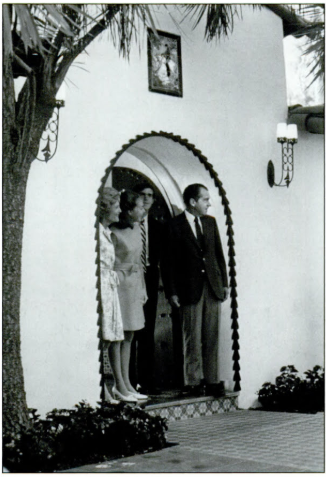
Perhaps the most famous of any Presidential scandal, Watergate was the name used to describe the cover-up of President Richard Nixon’s robbery and spying on the national headquarters of the Democratic Party in the Watergate Hotel. First discovered in 1972, the cover-up and lying from a President was unprecedented at the time, and the large-scale conspiracy ultimately saw over 60 government workers charged. To avoid the process of impeachment and almost certain removal from office, Nixon resigned on August 9, 1974.
The Pentagon Papers
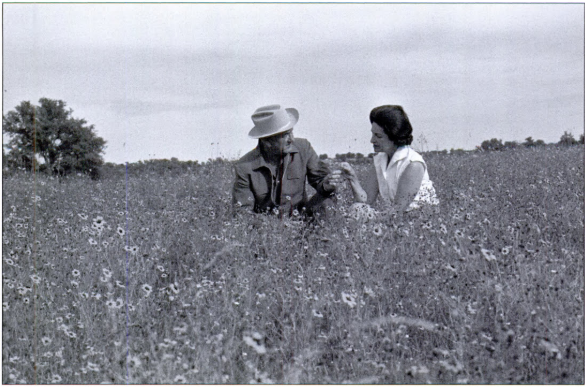
Although they came to light during the Nixon administration, the Pentagon Papers (or the Report of the Office of the Secretary of Defense Vietnam Task Force) was a series of reports on the actions of the Department of Defense in Vietnam between 1945 and 1967. Leaked by military analyst Daniel Ellsburg to The New York Times in 1971, the Pentagon Papers revealed that the government, under the direction of President Lyndon B. Johnson, had expanded their attacks from Vietnam to bordering Cambodia and Laos. In addition, the papers revealed attacks in Vietnam that were not disclosed to the general media. Although the government originally sought to keep the papers from being published, they were later declassified and released in entirety in 2011.
The Ohio Gang
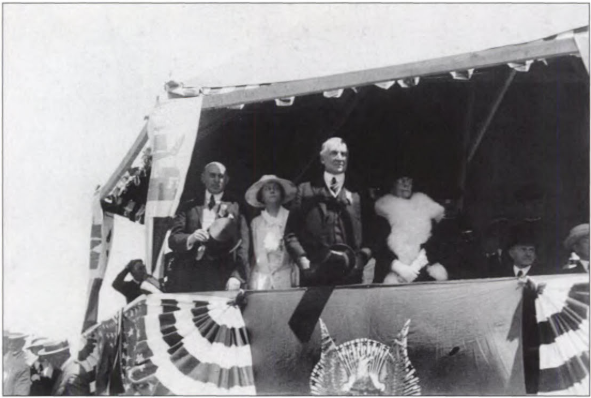
A nickname for a group of politicians and industrialists, the Ohio Gang were close confidantes and advisors of President Warren G. Harding. Many of these men had first met Harding in Ohio, but followed him to Washington D.C. once he’d won the Presidency. The men were marred by a series of financial scandals during Harding’s time in office, including the infamous Teapot Dome scandal, when Secretary of the Interior Albert Fall took a bribe from industrialist Harry Sinclair for the Teapot Dome federal oil reserves. This ultimately led to Fall’s imprisonment, and the resignation of another secretary. After Harding’s death while in office, the majority of the gang was removed from power by his successor, Calvin Coolidge.
The Impeachment of Bill Clinton
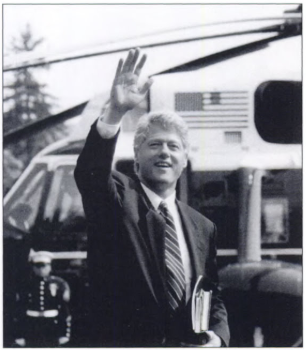
The second President to be impeached (following President Andrew Johnson), President Bill Clinton faced charges of perjury and obstruction of justice after lying about his affair with White House intern Monica Lewinsky. Clinton’s affair was sensational in the 1990s, leading to widespread media coverage. Although impeached by the House of Representatives, Clinton was later found not guilty by a Senate trial, and he was allowed to finish his term in office.
Iran-Contra Affair
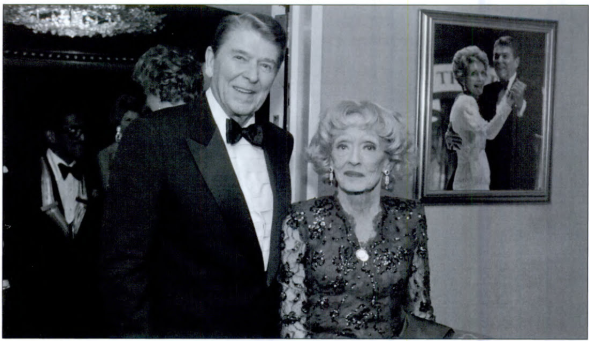
A huge mar on the Reagan administration, the Iran-Contra Affair broke in 1985. Against the decree of an arms embargo, government officials helped send weapons to Iran, in exchange for help with the release of American hostages in Lebanon. This money from the deal was then sent to support Contra insurgents in Nicaragua, who were hoping to overthrow the incumbent government. This diversion of funds was also outlawed by Congress. Although Reagan initially denied the existence of any sort of deal, as more information came to light, he eventually admitted to the shady deal. Ultimately, many of the conspirators were pardoned by later President George H.W. Bush, an action that became a scandal during that Presidency as well.

